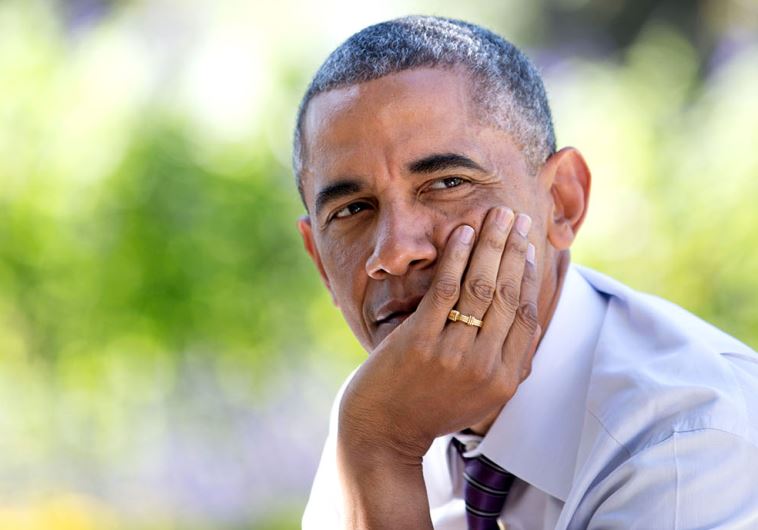Halfway through Congress review of Iran deal, the White House is winning
Procedure is stacked in president’s favor, says senate majority leader. 24 Democrats have declared support so far.
 US President Barack Obama at the Rose Garden of the White House(photo credit: OFFICIAL WHITE HOUSE PHOTO / PETE SOUZA)Updated:
US President Barack Obama at the Rose Garden of the White House(photo credit: OFFICIAL WHITE HOUSE PHOTO / PETE SOUZA)Updated: